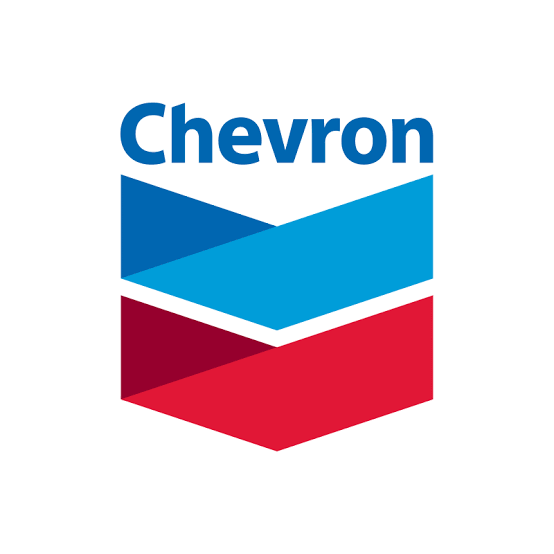Chevron Corporation (CVX), a leading global integrated energy company, and Rhino Resources, a prominent South African firm, have submitted environmental documents for their upcoming wildcatting operations offshore Namibia. These exploratory campaigns are set to begin in the hydrocarbon-rich Orange Basin by late 2024 or early 2025. This area currently lacks active drilling rigs, marking the first pause in drilling activity in nearly two years.
CVX’s drilling activities are set to focus on Block 2813B. This block is strategically located north of the area operated by TotalEnergies, a French-integrated oil and gas company, and includes the significant Venus and Mangetti discoveries. Additionally, it lies west of a license area where Galp Energia a Portugal-based integrated energy company, recently announced its Mopane discovery, which could hold up to 10 billion barrels of oil equivalent. The proximity to these substantial discoveries underscores the high potential of CVX’s exploration efforts.
The drilling of at least one well in Block 2813B by CVX is expected to provide valuable insights into the geological structure and hydrocarbon potential. Given the success of nearby discoveries, there is considerable optimism about the outcomes. Successful drilling will boost CVX’s portfolio and enhance its standing in the global energy market.
Rhino plans to drill two wells in Block 2914A, with a primary focus on a prospect named Sagittarius. This prospect has garnered significant attention and was recently highlighted by Namibia’s Petroleum Commissioner, Maggy Shino, as “one of the most amazing prospects” she had ever encountered. Such endorsements further amplify the anticipation surrounding Rhino Resources’ operations.
The Sagittarius prospect is expected to offer substantial hydrocarbon reserves, given the geological formations and historical data of the region. Successful drilling in this block will position Rhino as a key player in Namibia’s burgeoning offshore oil sector. The findings from these wells will be crucial in determining the full potential of the Orange Basin.
Both CVX and Rhino Resources have taken steps to ensure compliance with environmental regulations by submitting the necessary documents. This is a key step in obtaining the required approvals for their exploration activities. Adherence to these regulations is essential to minimising environmental impact and ensuring sustainable development.
Submitting these documents highlights the companies’ commitment to responsible exploration. It is vital to balance economic development with environmental preservation, especially in sensitive marine ecosystems. By adhering to stringent environmental standards, CVX and Rhino have set a benchmark for future offshore operations in Namibia.
The commencement of wildcatting operations by CVX and Rhino is expected to have significant economic implications for Namibia. Successful discoveries and subsequent oil production could lead to substantial revenue generation, job creation, and overall economic growth. This could transform Namibia into a notable player in the global oil market.
The exploration and potential extraction of hydrocarbons in the Orange Basin could also enhance Namibia’s energy security. Reducing dependence on imported energy resources would be a strategic advantage, contributing to the country’s energy independence and stability.
These exploration efforts can lead to additional discoveries in the Orange Basin. The geological profile of this region suggests that there are still untapped reserves waiting to be discovered. This could attract additional investments and lead to more exploratory campaigns in the future.
Advanced drilling technologies and seismic survey techniques will be crucial to the success of these operations. These technological advancements have significantly increased the accuracy and efficiency of hydrocarbon exploration, reducing risks and improving the chances of making successful discoveries.

